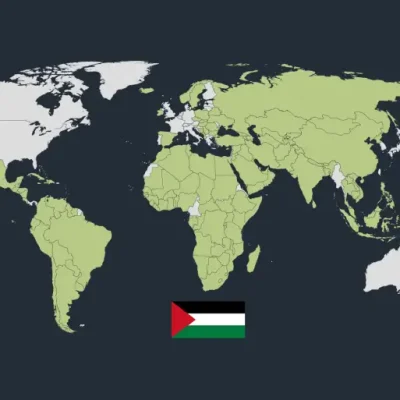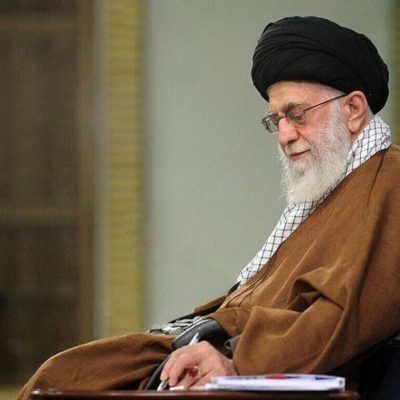Algorithmic Oppression: Facebook’s Role in Silencing Palestine Advocacy

In a world where hashtags can spark revolutions and viral campaigns can change the course of history, social media has emerged as the battleground for modern-day activism. But what happens when the very platforms we rely on to amplify our voices become complicit in silencing important causes? In this age of algorithmic oppression, an unsettling truth has come to light – Facebook, one of the most influential social media giants owned by Meta, may be stifling Palestinian advocacy amidst the Israel-Gaza conflict. Join us as we delve into this controversial issue and uncover the impact it has on global solidarity movements pushing for justice in Palestine.
Unveiling Systematic Censorship
Human Rights Watch’s recent 51-page report exposes a disturbing trend of systematic censorship by Meta, impacting Palestinian voices during escalated hostilities between Israeli forces and Palestinian armed groups. Between October and November 2023, 1050 cases of censorship were identified, revealing a concerning pattern of suspensions, bans, content removals, and shadow-banning. Shockingly, only one case favored Israel, pointing to a biased content moderation system.
Algorithmic Bias: A Threat to Palestinian Voices
The internal policies at Meta contribute to algorithmic bias that disproportionately targets Palestinians. Drawing parallels with the Met Police’s discriminatory Gangs Matrix, Meta’s Dangerous Organizations and Individuals policy forms a secret blacklist, predominantly comprising Muslim, Middle Eastern, and South Asian individuals and organizations. This bias leads to over-enforcement and shadow-banning of Palestinians online, hindering their ability to share experiences in a digital world crucial for storytelling.
Suppression Tactics on Mainstream Platforms
For users expressing solidarity with Palestine on Instagram and Facebook, a disconcerting pattern emerges. Posts related to Palestine face restricted visibility, while links to donation pages and calls to end investments in Israeli arms mysteriously crash users’ apps. Journalists and activists, report instances of shadow-banning, raising concerns about the platforms’ objectivity and their commitment to free expression.
Unpacking the Biased Landscape
Social media platforms, despite being essential spaces for activism, are not neutral. They wield the power to shape narratives, influencing what users see, believe, and share. The addiction-based business model of Silicon Valley, though extensively discussed, often overlooks the deeper connections between Big Tech and Israeli apartheid. Evidence of this lies in major tech companies, like Amazon, Google, and Palantir, providing services that support the Israeli government and military.
Keep Reading
Political Inaction: A Barrier to Reform
While political leaders acknowledge the influence of social media platforms, the bias in favor of Israel limits their intervention. Senator Elizabeth Warren’s call for transparency from Facebook and Instagram stands as a rare exception. The slow-burn nature of democratic processes poses obstacles, with the overwhelming support for Israel from Western governments hindering meaningful action against platforms like Meta.
Algorithmic Mediation: Navigating Suppression
Pro-Palestine activists and journalists find themselves devising tactics to navigate algorithmic suppression. Strategies like ‘Face for the algorithm’ and clever commenting aim to outsmart biased algorithms. Guides on bypassing sensitivity settings on Instagram underscore the need for creative resistance, emphasizing the importance of adapting to an ever-evolving digital landscape.
Seeking Alternatives: Beyond Facebook’s Grip
Considering the unreformable nature of platforms like Facebook, pro-Palestine advocates explore alternative channels. Platforms like Signal and Telegram offer avenues for communication that don’t depend on surveillance-based models, providing a refuge for voices silenced by algorithmic oppression.
Conclusion: The Imperative of Resistance
The suppression of Palestinian voices on social media is a stark reminder that platforms, even with their flaws, play a crucial role in shaping narratives. Rather than depending solely on specific platforms, recognizing them as tools with inherent biases is vital. The path to Palestinian liberation involves creative organizing, and staying ahead of algorithmic censors, both online and offline.






